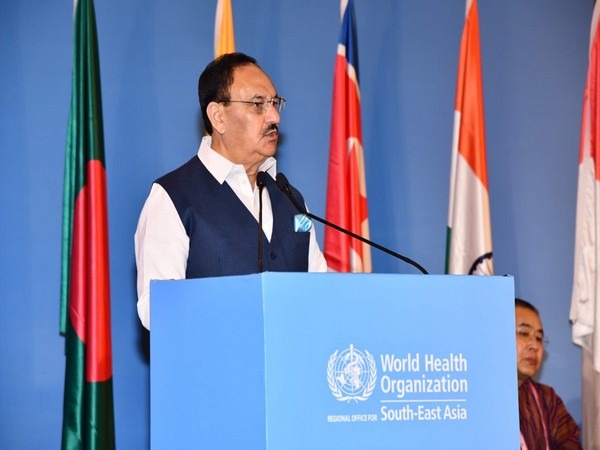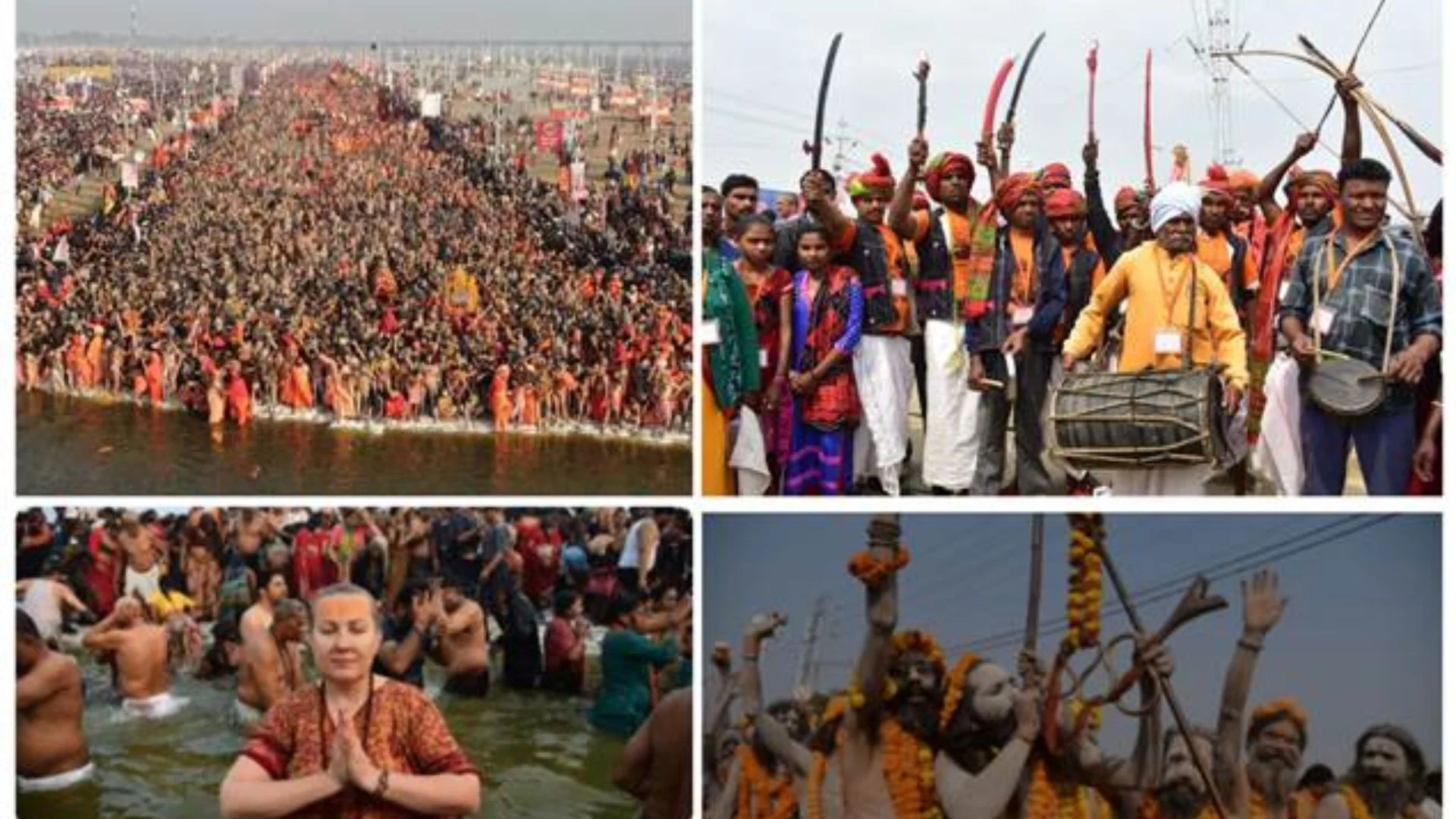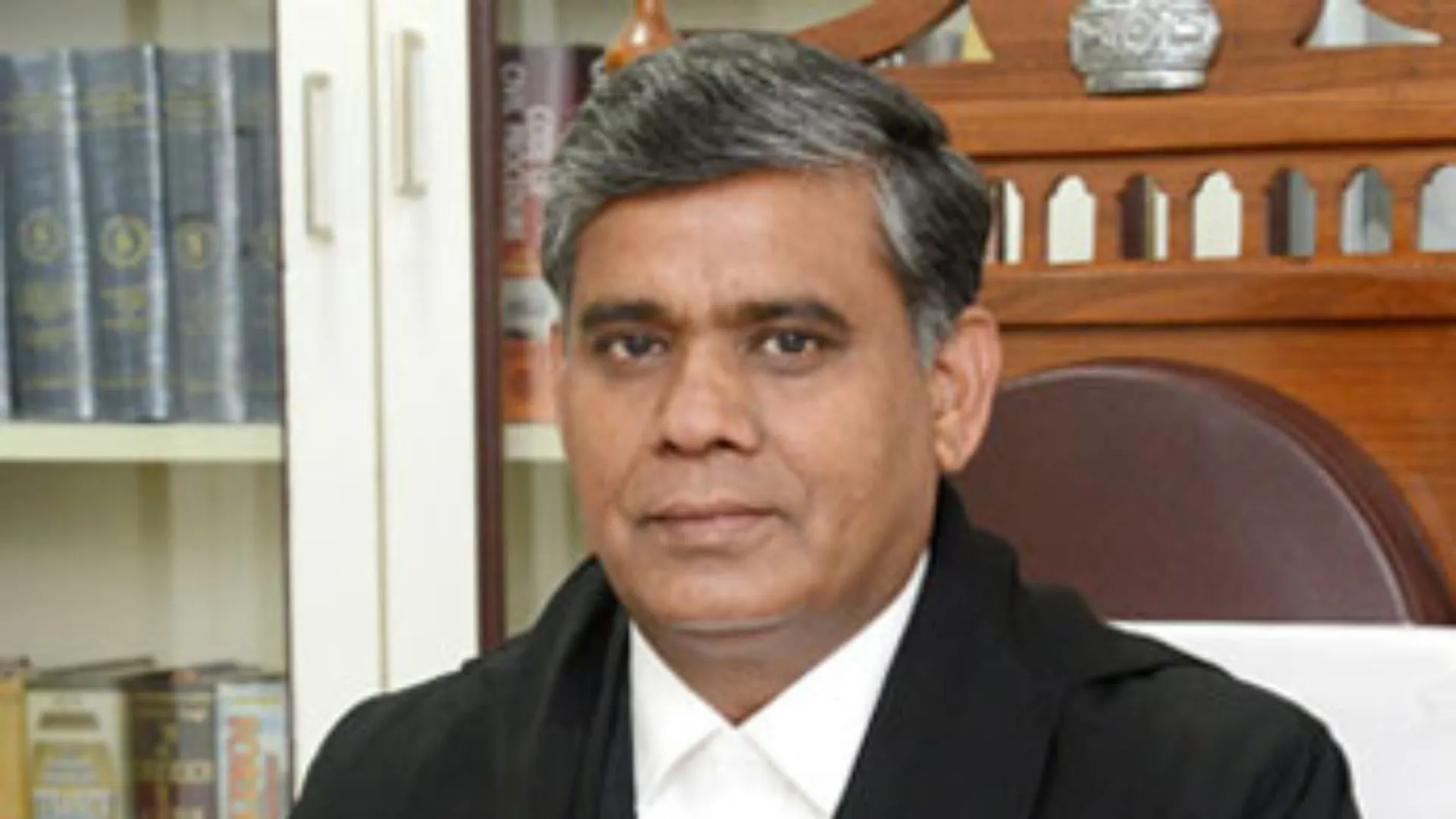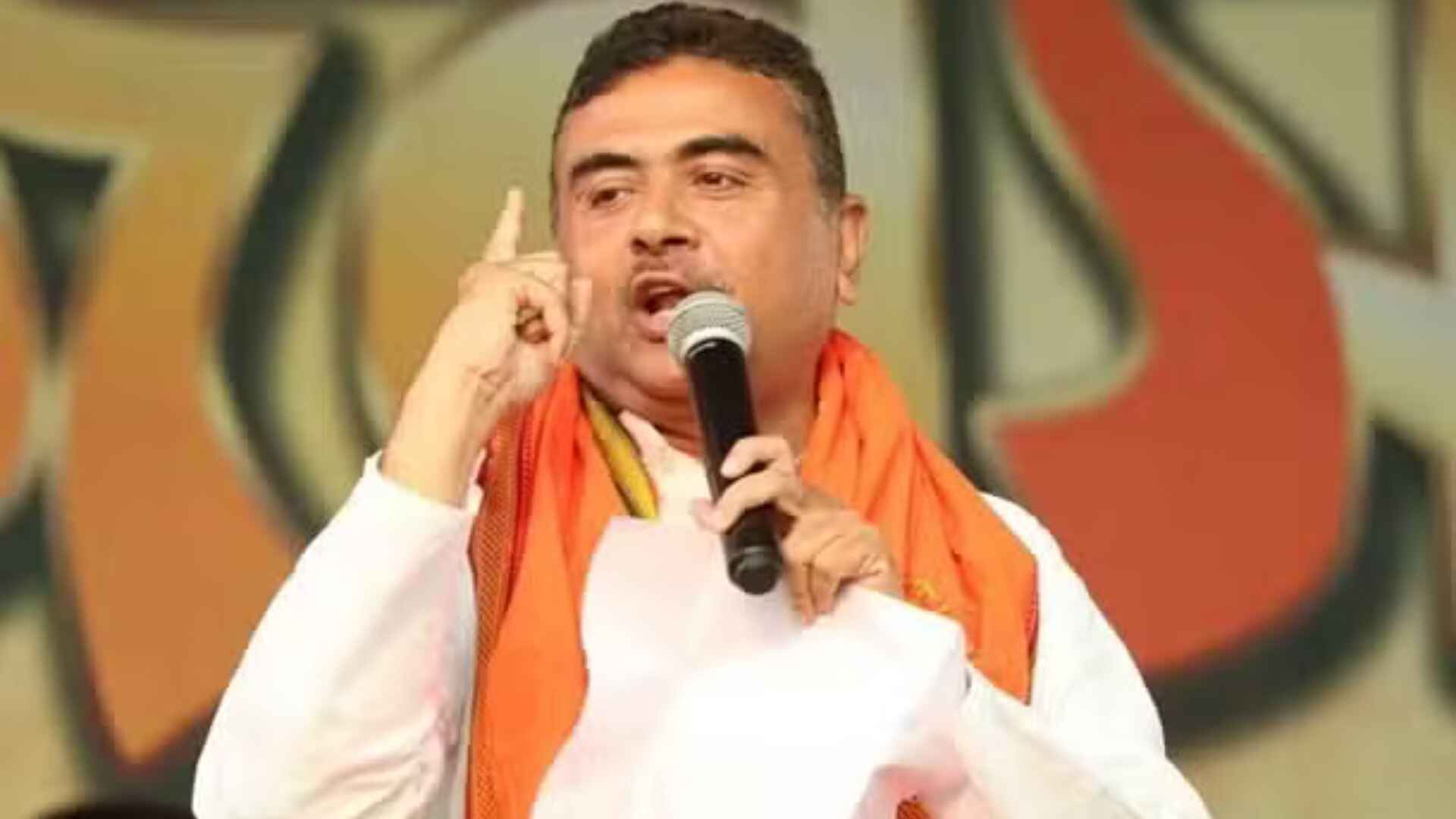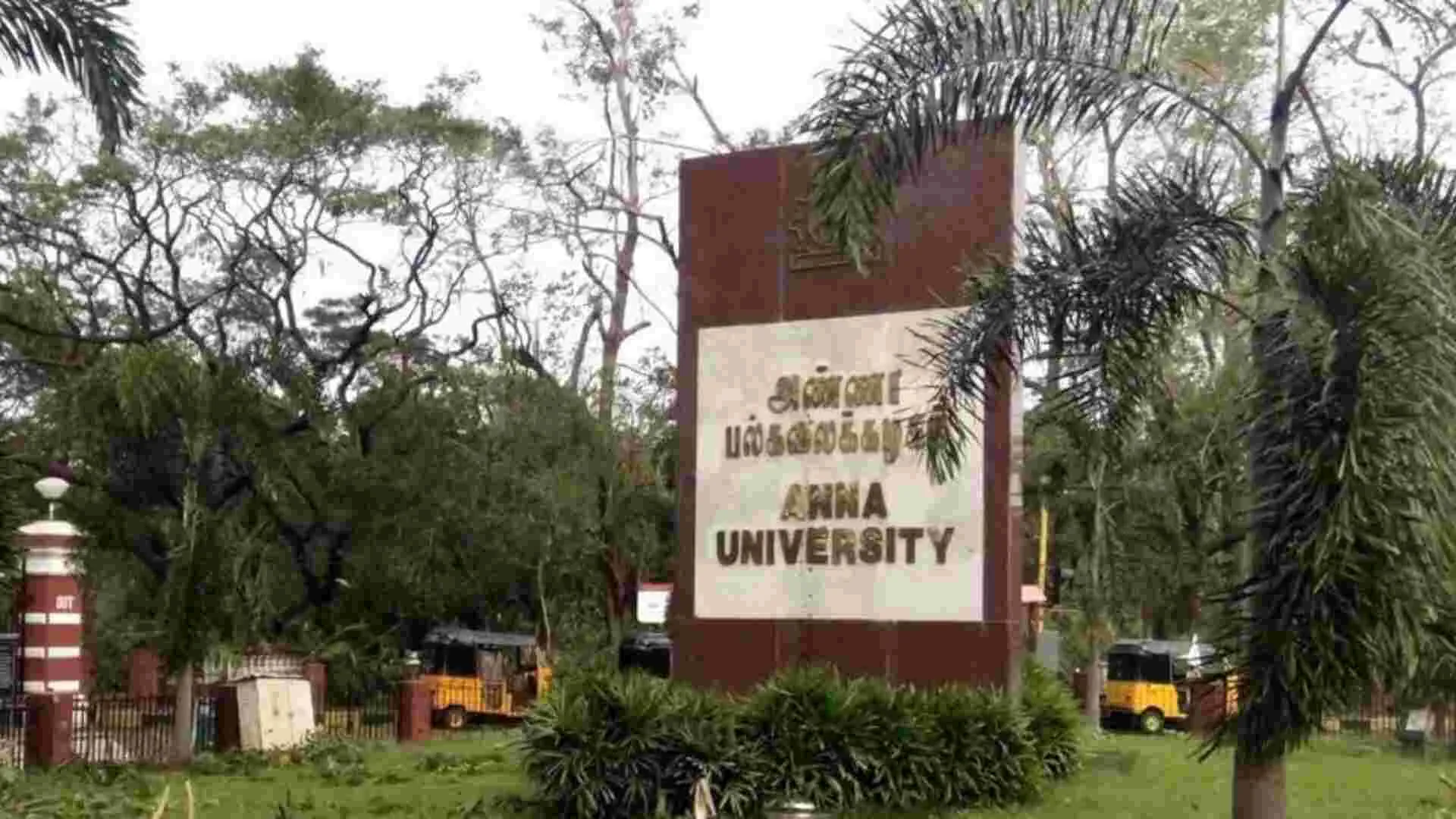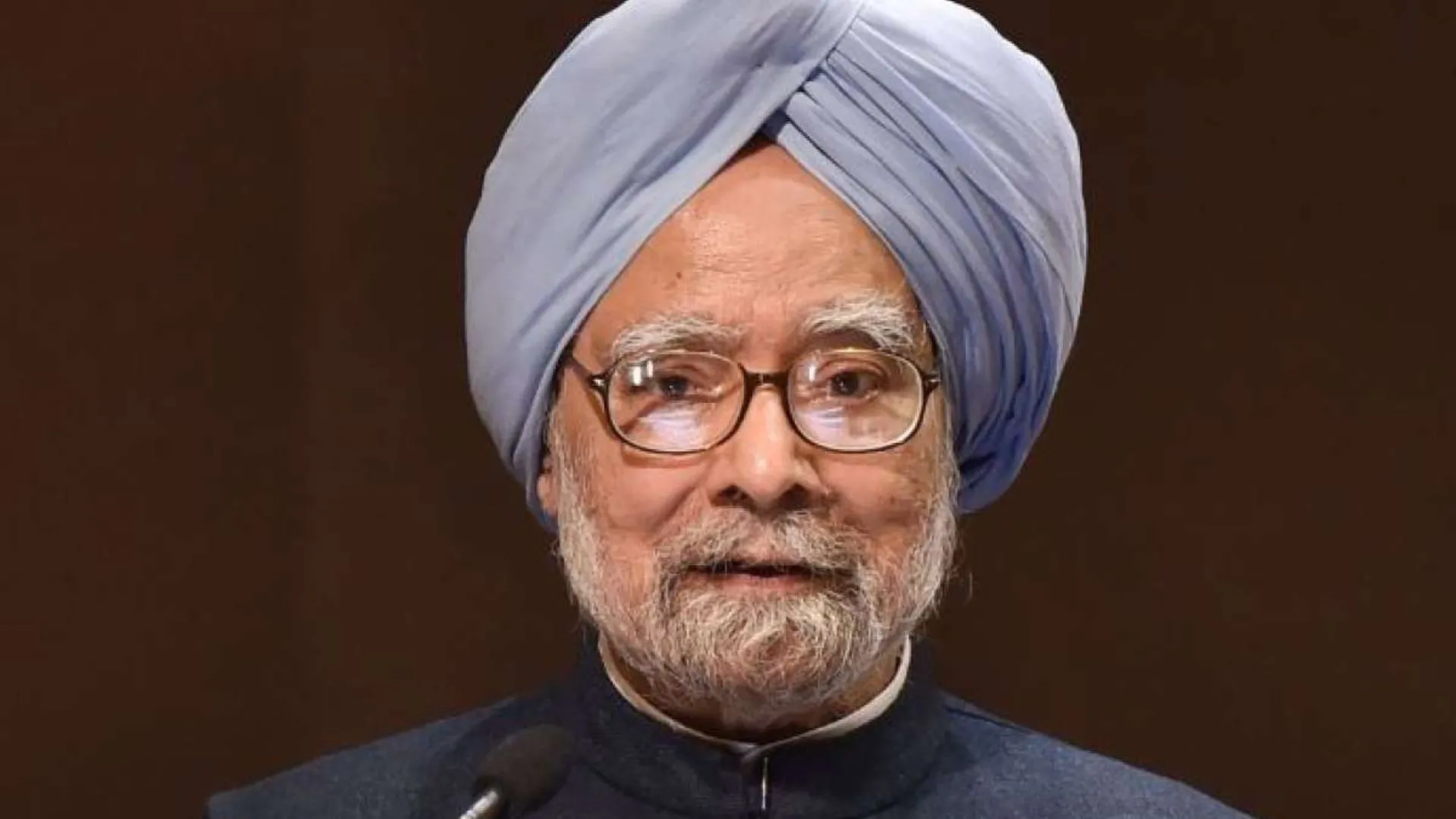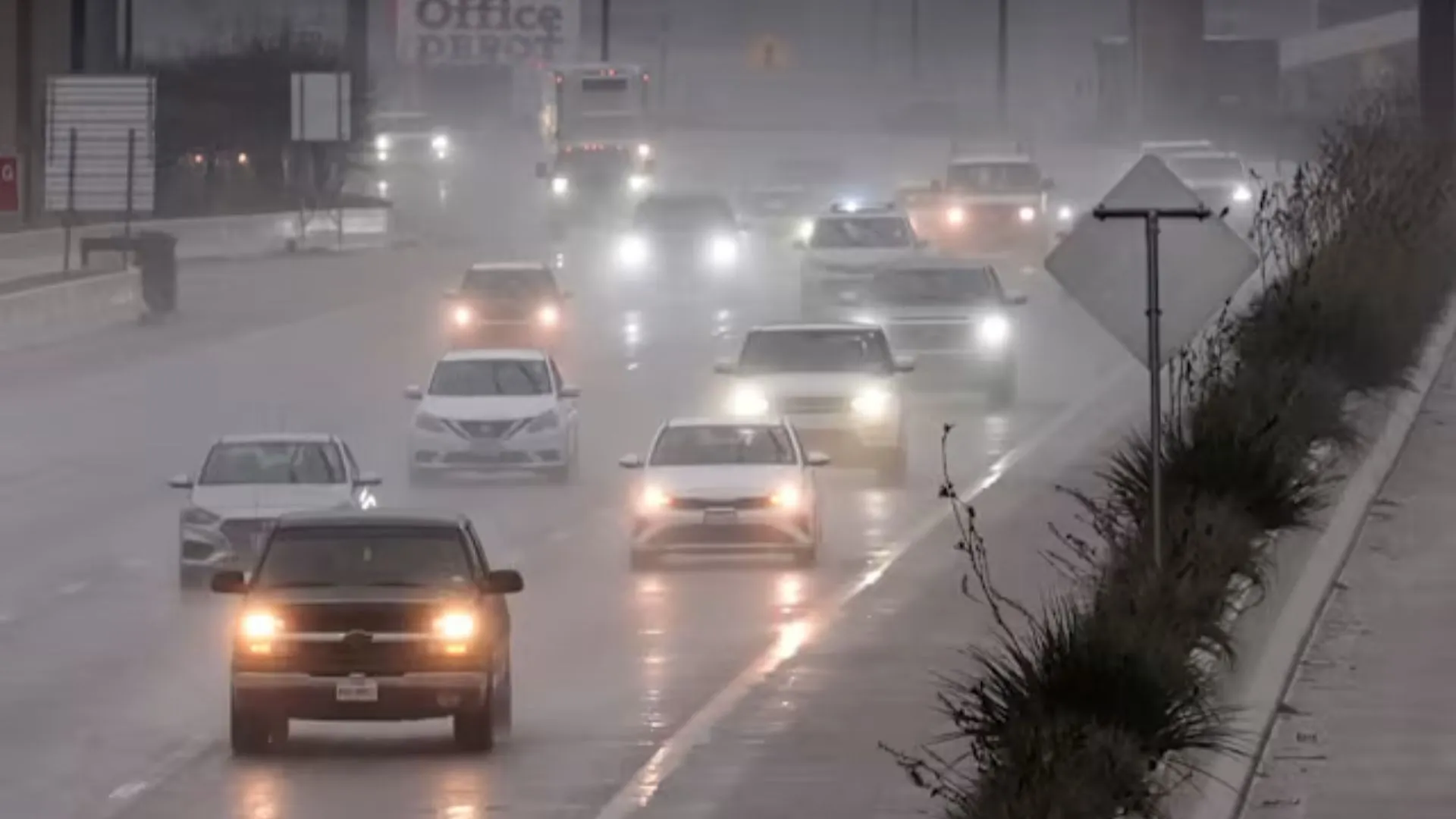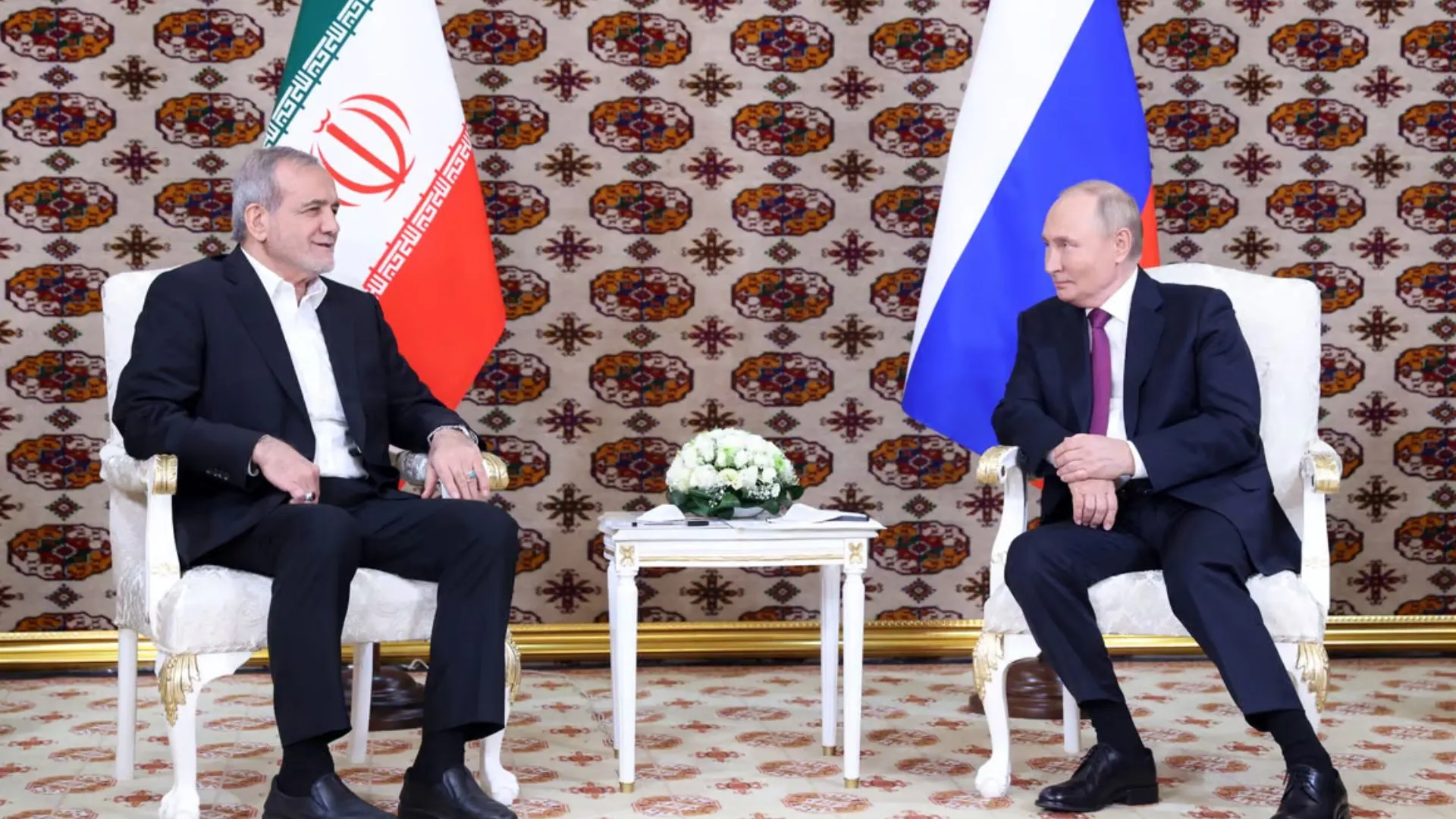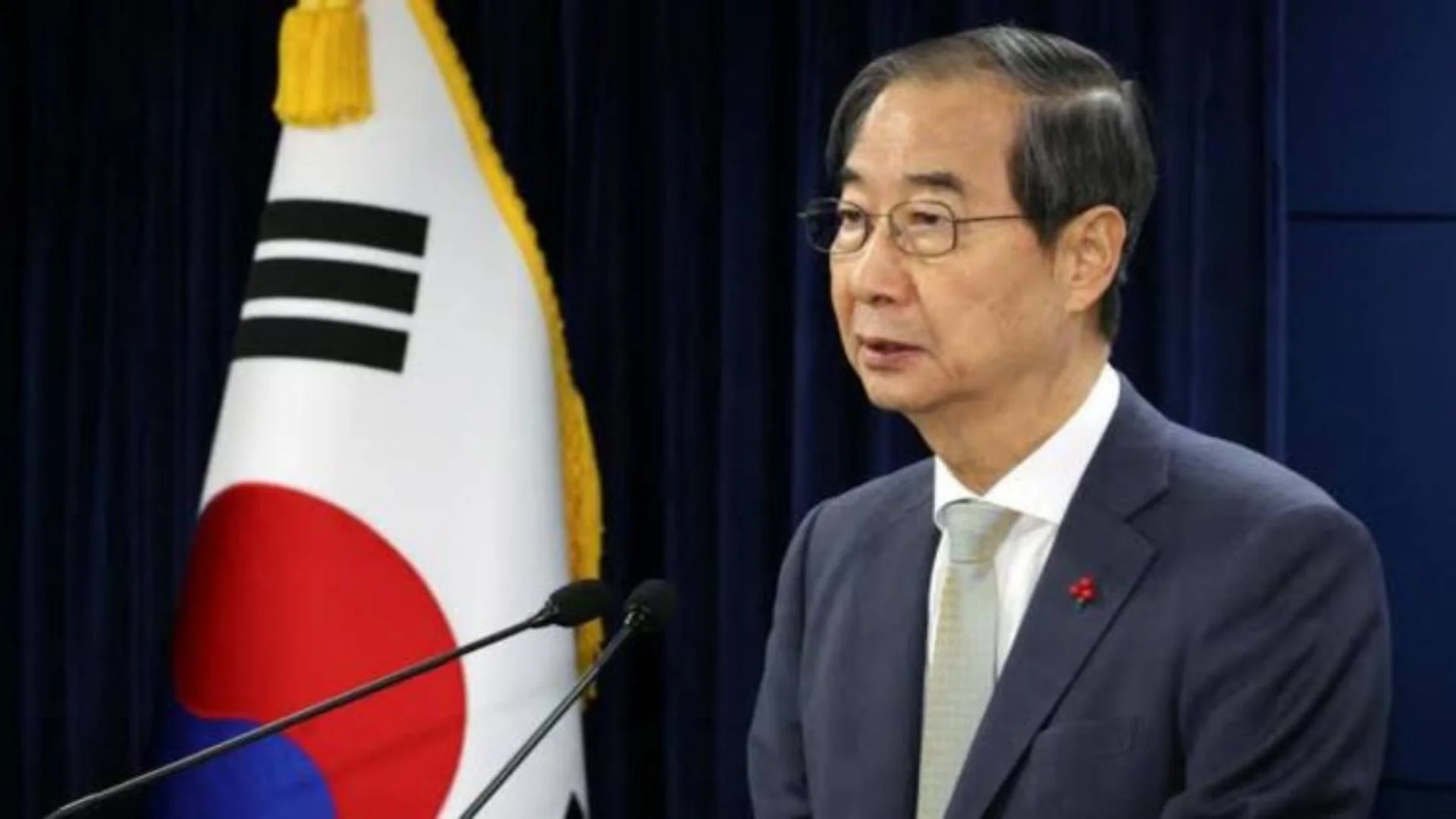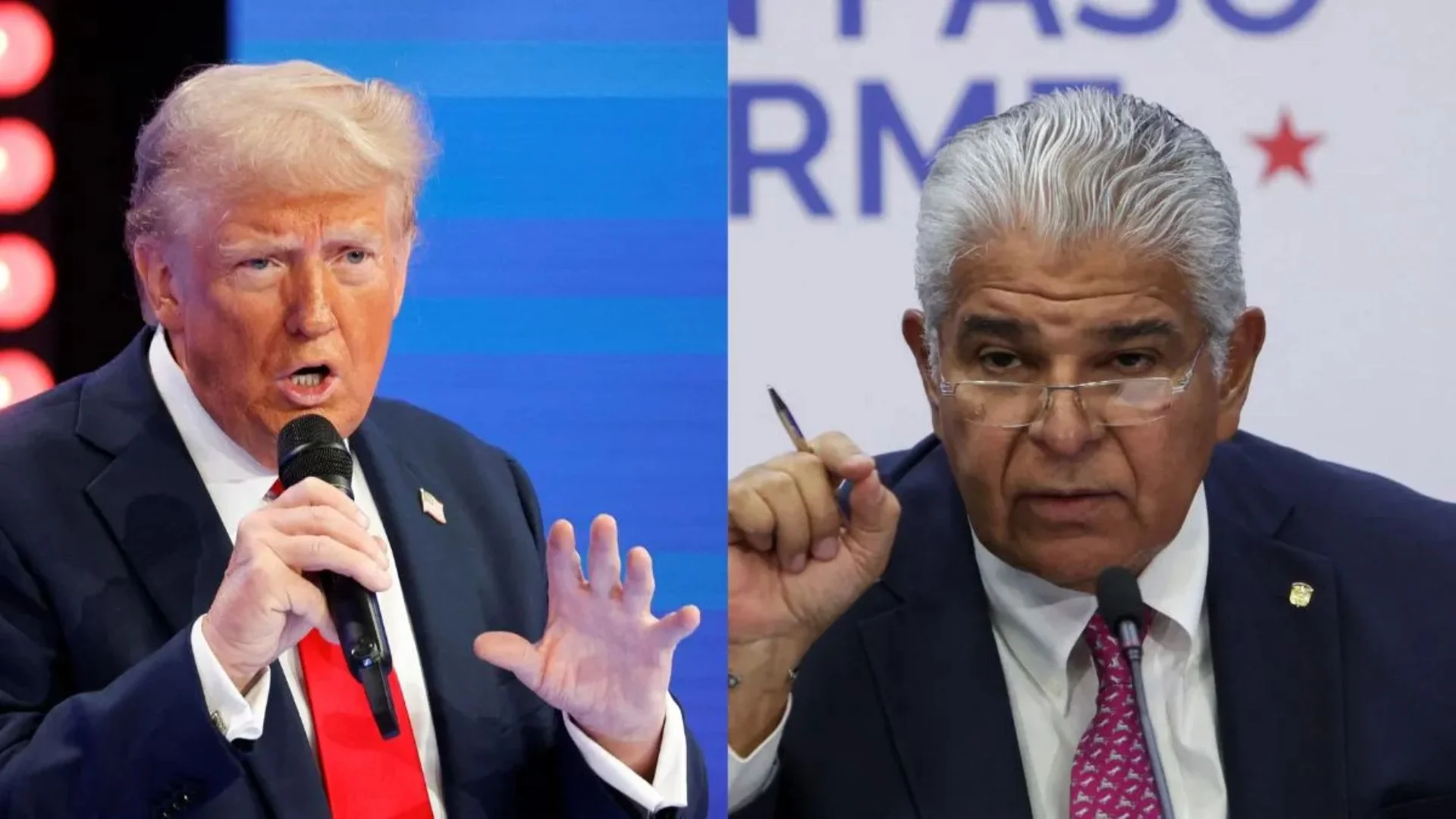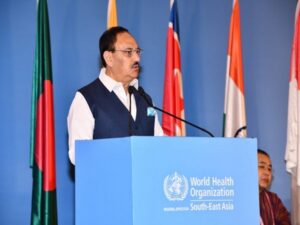The World Health Organization (WHO) has launched its 77th session of the Regional Committee for Southeast Asia in New Delhi, running from October 7 to 9. India’s Minister of Health, JP Nadda, has been appointed as the Chairperson for this session.
The 77th Regional Committee Session (RC77) serves as the annual governing body meeting for WHO in the region, which includes member nations such as Bangladesh, Bhutan, the Democratic People’s Republic of Korea, India, Indonesia, the Maldives, Myanmar, Nepal, Sri Lanka, Thailand, and Timor-Leste. Health ministers and delegates from these countries have gathered in Delhi to discuss key priorities and actions aimed at enhancing public health accessibility.
As one of the six WHO regions, Southeast Asia is home to over a quarter of the global population. WHO is dedicated to fostering a healthier future for nearly two billion people in this region, collaborating with its 11 member states to tackle both persistent and emerging epidemiological and demographic challenges.
Razia Pendse, Chef de Cabinet of the WHO, highlighted several significant issues facing the region, including the rising incidence of non-communicable diseases and mental health concerns, efforts to reduce neonatal and under-five mortality rates, the increasing threat of antimicrobial resistance, and the ongoing burden of tuberculosis.
In his inaugural address, Nadda emphasized, “Health transcends borders, necessitating a holistic and collaborative approach. By learning from each other’s successes and challenges, we can enhance the resilience of health systems.”
Saima Wazed, WHO’s Regional Director for Southeast Asia, underscored the need for a regional roadmap. “The regional roadmap belongs to all our countries and all our peoples. We feel the duty to protect the weak, the vulnerable, the orphaned, the disabled, and the elderly with no family,” she stated.
Under Saima Wazed’s leadership, WHO SEARO has proposed a technical program with priority tactical approaches that encompass emergency response, pandemic preparedness, resource mobilization, climate change, and universal health coverage.
Over the course of three days, the meeting will delve into these pressing issues. Nadda concluded, “Let us harness the power of collaboration, innovation, and solidarity to transform the health landscape of Southeast Asia and build a healthier and brighter future for all.”

